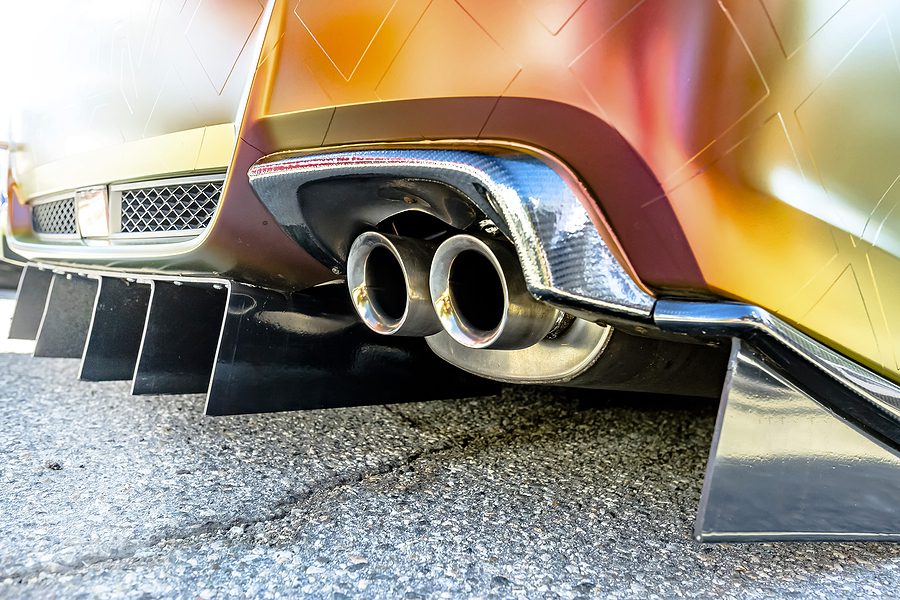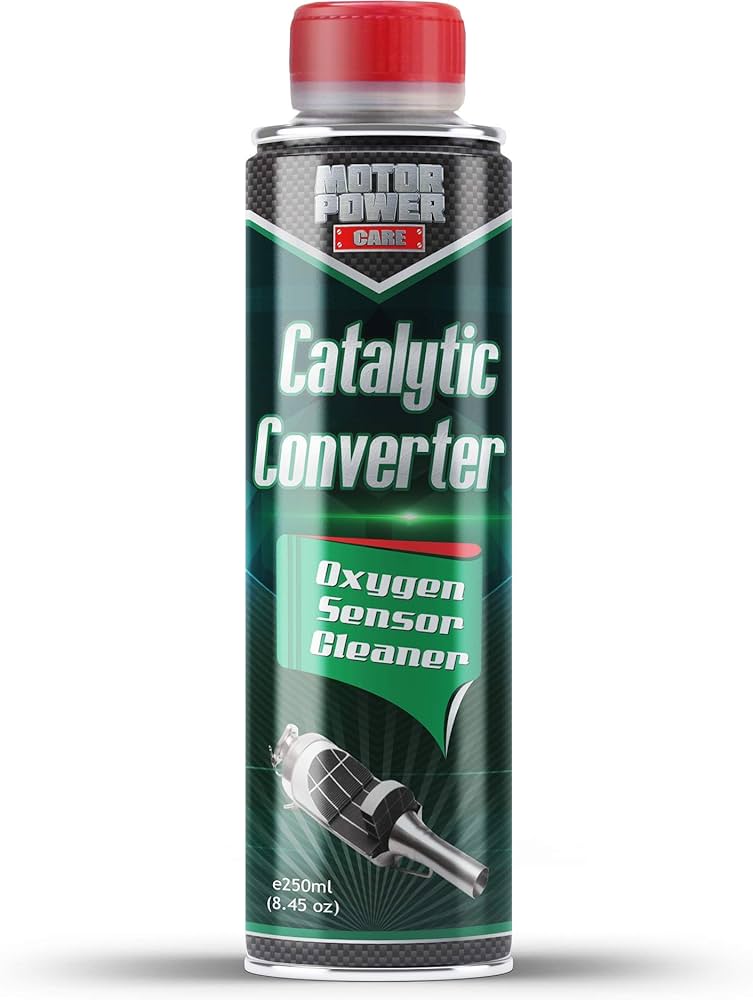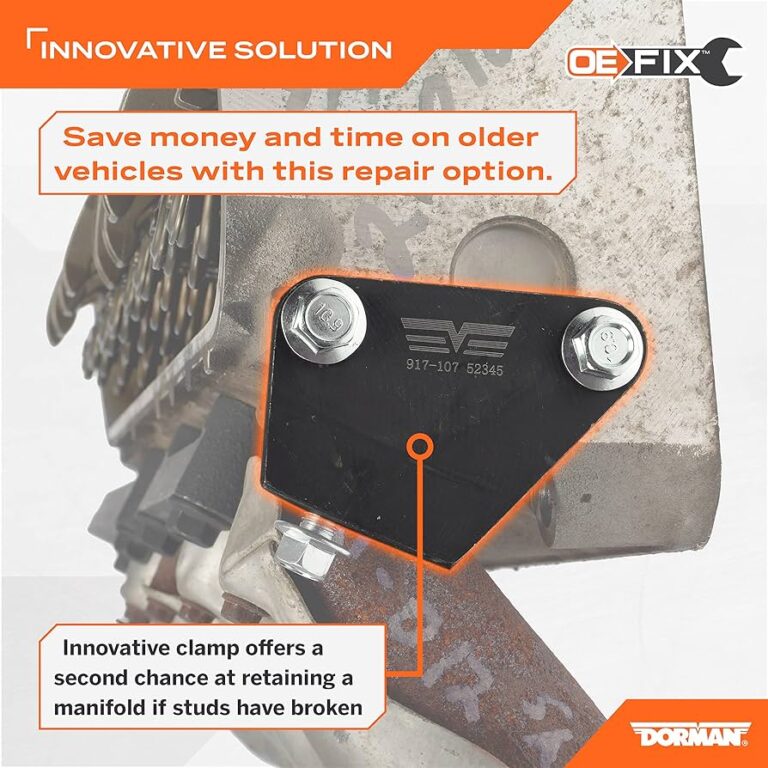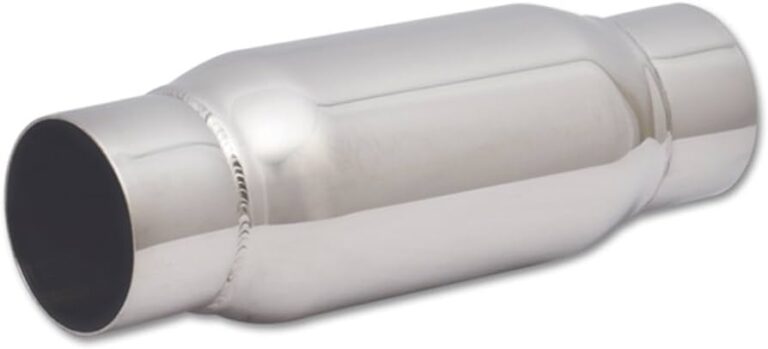Boost Your Car’s Performance with an Essential Catalytic Converter
The catalytic converter is crucial due to its role in reducing harmful emissions. In modern vehicles, the catalytic converter plays an important role in minimizing air pollution by converting harmful gases and pollutants into less harmful substances through a catalyzing process.
By using a catalyst, this device helps to break down toxic gases like carbon monoxide, nitrogen oxides, and hydrocarbons emitted during combustion, converting them into carbon dioxide, oxygen, nitrogen, and water. This not only aids in protecting the environment and air quality but also ensures that vehicles comply with emissions regulations.
Without a functioning catalytic converter, vehicles would release a significantly higher amount of pollutants, contributing to air pollution and its associated health hazards.
What Is A Catalytic Converter?
htmlA catalytic converter is an essential component in a car’s exhaust system that plays a crucial role in reducing harmful emissions. It is designed to convert toxic pollutants generated during the combustion process into less harmful substances before they are released into the atmosphere.
A catalytic converter is a device that contains a catalyst, usually made of platinum, palladium, and rhodium, which facilitates chemical reactions to convert harmful gases like carbon monoxide, nitrogen oxides, and hydrocarbons into carbon dioxide, nitrogen, and water vapor. Its purpose is to minimize the environmental impact of vehicle emissions by promoting cleaner combustion.
The catalytic converter works through a series of chemical reactions. When exhaust gases pass through the converter, the catalyst triggers oxidation reactions that convert carbon monoxide into carbon dioxide and nitrogen oxides into nitrogen and oxygen. Additionally, it facilitates reduction reactions that transform unburned hydrocarbons into carbon dioxide and water vapor.
A well-functioning catalytic converter is vital for both environmental and car performance reasons. It helps vehicles comply with emission regulations, ensuring cleaner air and reducing harmful impacts on human health. Moreover, a faulty or clogged catalytic converter can lead to decreased fuel efficiency, engine performance issues, and even increased emissions. Regular inspections and maintenance are necessary to ensure the catalytic converter operates optimally.

Credit: www.autozone.com
Signs Of A Faulty Catalytic Converter
The catalytic converter is an essential component of a vehicle’s exhaust system. It helps reduce harmful emissions by converting toxic gases into less harmful substances. However, a faulty catalytic converter can have serious consequences for your vehicle’s performance and fuel efficiency.
Some common symptoms of a failing catalytic converter include a decrease in engine performance, such as reduced acceleration and power. You may also experience a decrease in fuel efficiency, as the converter’s efficiency in converting fuel into energy is compromised.
Ignoring catalytic converter issues can lead to potential consequences. Over time, a faulty converter can cause damage to other engine components, such as the oxygen sensors or even the engine itself. Moreover, it can lead to an increase in emissions, which can result in a failed emissions test or even legal trouble.
It is important to be aware of the signs of a faulty catalytic converter and address any issues promptly. Regular maintenance and inspection of your vehicle’s exhaust system can help ensure its proper functioning and minimize the risk of costly repairs or legal problems.
Benefits Of Upgrading To An Essential Catalytic Converter
htmlThe catalytic converter, an essential component of a car’s exhaust system, plays a crucial role in reducing harmful emissions and ensuring optimal performance. Upgrading to an essential catalytic converter offers numerous benefits for car owners.
One of the key advantages is the enhanced engine output and acceleration. The essential catalytic converter improves exhaust flow, allowing the engine to breathe more efficiently. This results in improved power delivery and quicker acceleration, enhancing the overall performance of the vehicle.
In addition, upgrading to an essential catalytic converter can optimize fuel consumption and mileage. By efficiently converting harmful gases into less harmful substances, the converter helps the engine operate at its best. This leads to improved fuel efficiency, allowing for longer drives and reducing trips to the gas station.
Factors To Consider When Choosing An Essential Catalytic Converter
Choosing the right catalytic converter is crucial for your vehicle’s performance and compliance with environmental regulations. There are several factors to consider when making this decision. First, you need to understand the different types of catalytic converters available in the market. This includes knowing the variations in terms of substrate material, size, and design. Secondly, you should ensure that the catalytic converter you choose is compatible with your specific car model. Check the specifications and consult with your mechanic if needed. Lastly, it is vital to consider environmental regulations and certifications. Look for catalytic converters that meet or exceed emission standards set by the Environmental Protection Agency (EPA) or other relevant authorities. Additionally, certifications such as CARB (California Air Resources Board) can provide further assurance of environmental compliance. Remember, a well-chosen catalytic converter not only ensures smooth running of your vehicle but also contributes to a cleaner and healthier environment.
Installation And Maintenance Tips For Your Catalytic Converter
In today’s automotive world, the catalytic converter plays a vital role in reducing harmful emissions and ensuring that vehicles meet environmental standards. When it comes to installation, car owners have two options: to hire a professional or to attempt a DIY installation. While a professional installation guarantees expertise and accuracy, many car enthusiasts choose to install their catalytic converters themselves for a more hands-on experience.
Once the installation is complete, it’s important to provide proper care and maintenance to extend the lifespan of your catalytic converter. Regular inspection is crucial to identify any potential issues such as cracks, clogs, or leaks that could affect its performance. Troubleshooting these problems promptly will ensure that your catalytic converter continues to function optimally.
| Installation & Maintenance Tips for Your Catalytic Converter |
|---|
| Professional installation vs. DIY options |
| Proper care and maintenance to prolong its lifespan |
| Regular inspection and troubleshooting for optimal performance |
Boosting Performance: Other Modifications That Complement The Catalytic Converter
Upgrading your car’s catalytic converter can significantly improve its overall performance. However, there are other modifications that can complement the catalytic converter and further enhance your car’s capabilities.
One such modification is upgrading the air intake system. By increasing the amount of air that flows into the engine, you can improve horsepower and torque. Pairing this modification with a high-performance exhaust system can further optimize the efficiency of the catalytic converter.
Engine tuning and performance chips are also recommended to maximize car performance. These modifications allow for customization of the engine’s parameters, resulting in improved power and fuel efficiency. Performance chips can be programmed to enhance various aspects of the engine’s performance, including ignition timing, air-fuel ratio, and turbo boost.
| Air intake systems and exhaust modifications | Enhances airflow and optimizes catalytic converter efficiency |
| Engine tuning and performance chips | Allows customization for improved power and fuel efficiency |
Frequently Asked Questions For How Important Is The Catalytic Converter
Can A Car Run Without A Catalytic Converter?
Yes, a car can run without a catalytic converter. However, removing it is illegal in many countries and can result in higher emissions.
Can You Drive A Car With A Bad Catalytic Converter?
Yes, you can drive a car with a bad catalytic converter, but it’s not recommended. A damaged converter can cause reduced engine performance and increased emissions, potentially leading to further damage. It’s best to have it inspected and repaired by a professional as soon as possible.
What Will Happen If I Dont Replace My Catalytic Converter?
Driving without replacing a catalytic converter can lead to several potential issues. Your vehicle may fail emission tests, cause damage to the engine or exhaust system, and even result in reduced fuel efficiency. It is important to replace a faulty catalytic converter to ensure proper functioning and comply with environmental regulations.
How Much Does It Cost To Replace A Catalytic Converter?
The cost to replace a catalytic converter varies depending on the make and model of the vehicle. On average, it can range from $500 to $2,500, including both parts and labor. Factors such as the type of catalytic converter and location of the repair shop can influence the final cost.
Conclusion
The importance of a catalytic converter cannot be overstated. It plays a crucial role in reducing harmful emissions and helping to protect the environment. By converting toxic gases into less harmful substances, this device contributes to cleaner air and a healthier planet.
Additionally, a functional catalytic converter is vital for passing emissions tests and ensuring the overall performance of a vehicle. Regular maintenance and proper care of this component are essential to maximize its effectiveness and longevity. So, remember to prioritize the care of your catalytic converter for the well-being of both your vehicle and the environment.







